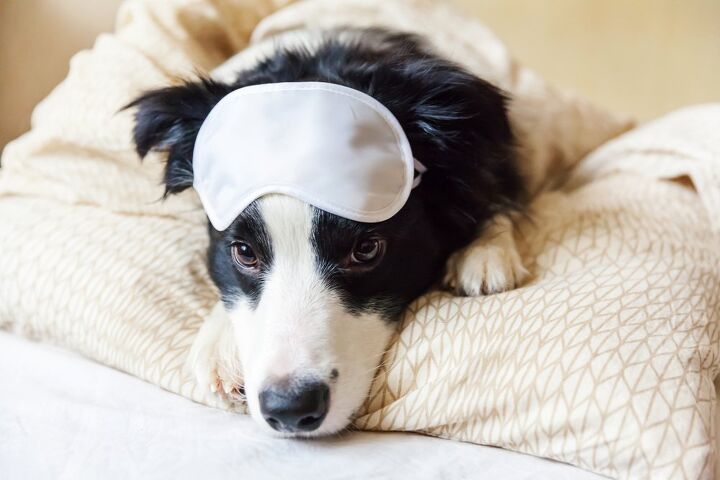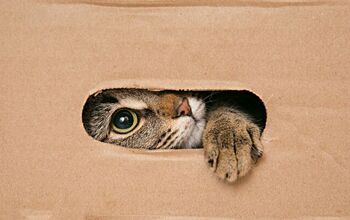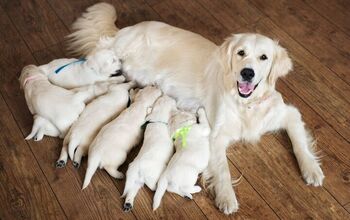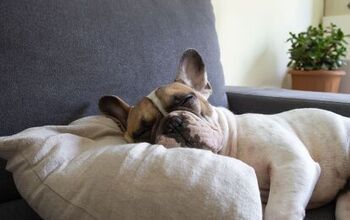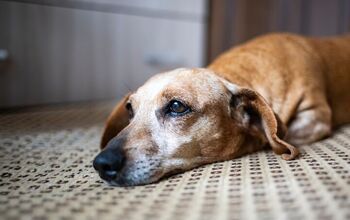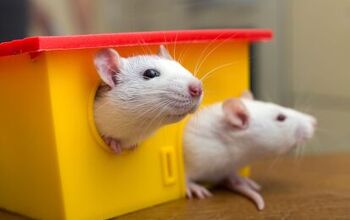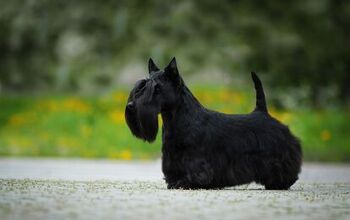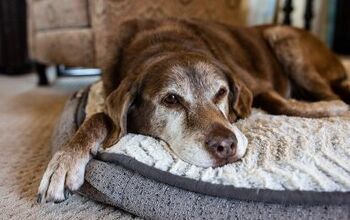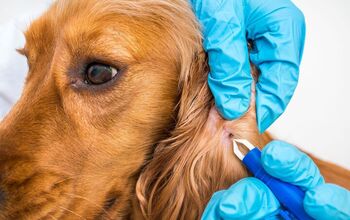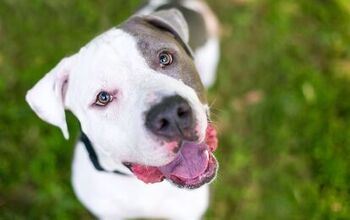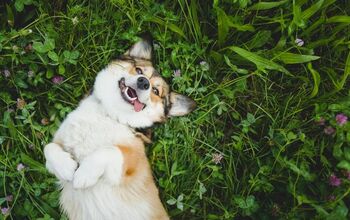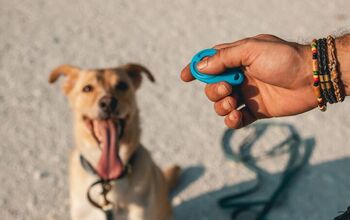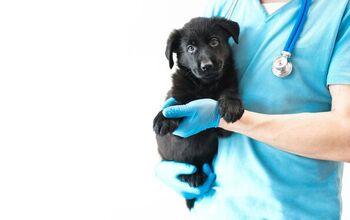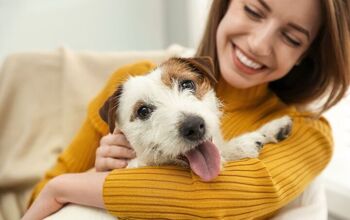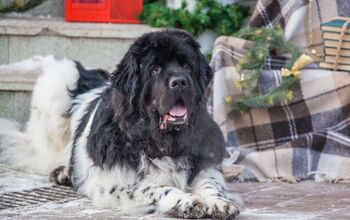Can Dogs Have Insomnia?

We all had trouble sleeping, at least once in our life. Some have a more persistent problem, which is called insomnia. This is a sleep disorder that can make it very hard to stay asleep or even fall asleep to begin with. But can dogs suffer from this problem as well? If you notice your pooch having trouble snoozing and staying up all the time, it could be a sign that they have some form of sleep disorder. And it could very well be canine insomnia.
Can Dogs Have Insomnia and What Causes It?
In short, the answer is yes, dogs can experience insomnia, although it is not as common as it is in humans. Insomnia in dogs can be caused by various factors, including physical discomfort, anxiety, changes in routine or environment, underlying medical conditions, or even age-related issues. If a dog consistently has trouble falling asleep or staying asleep, it's essential to consult a veterinarian to rule out any underlying health concerns and to determine the best course of action to help the dog sleep better. After all, it might not be insomnia that is causing the issues, as there could be several factors to cause changes in sleep patterns for doggos.
For example, pain from injuries and physical discomfort can affect their quality of sleep. Dogs that are recovering from surgery, or senior dogs with arthritis, can find it difficult to lie down in a comfy position to sleep. So they can’t sleep at all. What is more, chronic conditions such as hip dysplasia or intervertebral disc disease can also contribute to insomnia.
Anxiety and stress can also affect sleep in dogs. Things like loud thunderstorms, fireworks, or similar noises can cause great stress for doggos, and completely inhibit them from sleeping. Similarly, changes in their environment or routine, or being in unfamiliar surroundings can make them anxious, as well as being separated from their owners. All this affects sleep.
Another common cause of insomnia in dogs is canine cognitive dysfunction ( dementia) which affects senior doggos. Being old, these dogs may experience changes in their sleep patterns due to cognitive dysfunction, which is similar to Alzheimer's disease in humans. They may become disoriented at night, leading to restlessness and difficulty sleeping.
But young dogs too can have trouble with sleep, especially if they are hyperactive or have excessive energy levels. Due to this excess energy, young dogs can have difficulty relaxing and settling down to sleep. It is always best to tire out young dogs and help them spend that energy with classic dog toys, so they can sleep “like babies”. By far the best way to tire out a young, active dog is a good ol’ game of fetch – small but sturdy balls such as these tough rubber ones by Chuckit! are the best choice as they can be thrown far and will withstand your pet’s gnawing without any issue.
Ultimately, a dog’s quality of sleep can be directly affected by their diet. Low-quality nutrition and indigestion can make a dog feel uneasy, and sleep will be hard to come. If your vet concludes that poor nutrition and indigestion are causes of bad sleep, you can try introducing dog probiotics in hopes they will help your pet in the long run.
All of the factors that we listed can be potential causes of bad sleep and, ultimately, insomnia. In order to make your pet’s sleeping healthy and normal, you will have to provide a comfortable sleeping environment, establish a consistent routine, manage stress and anxiety through training or behavior modification techniques, ensure adequate exercise and mental stimulation, and sometimes, medication or supplements prescribed by a veterinarian. Of course, regular veterinary check-ups are essential for identifying and managing any health issues that may be contributing to a dog's insomnia. And with all that, quality snoozing will be possible once more.

A proud mama to seven dogs and ten cats, Angela spends her days writing for her fellow pet parents and pampering her furballs, all of whom are rescues. When she's not gushing over her adorable cats or playing with her dogs, she can be found curled up with a good fantasy book.
More by Angela Vuckovic



